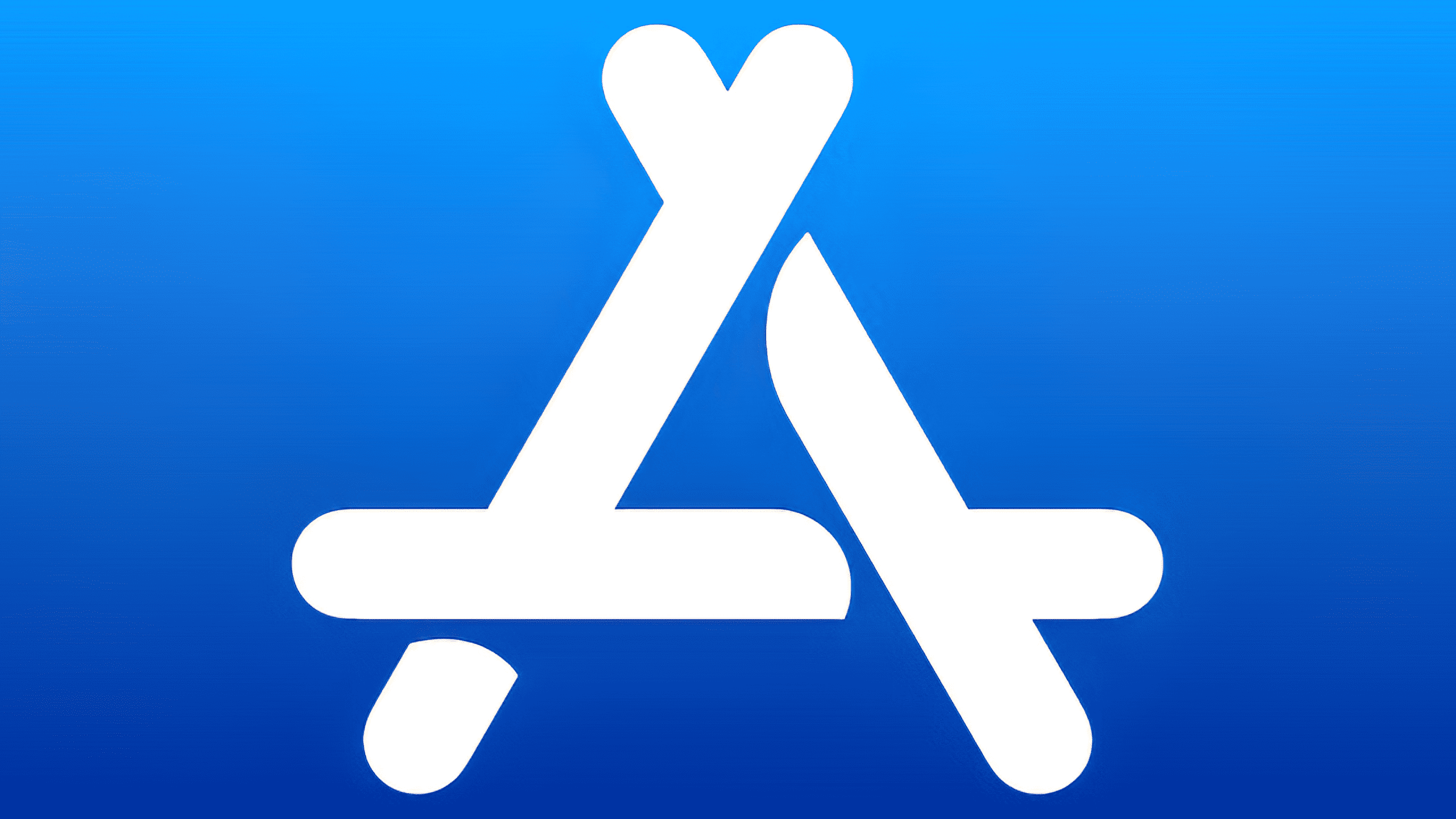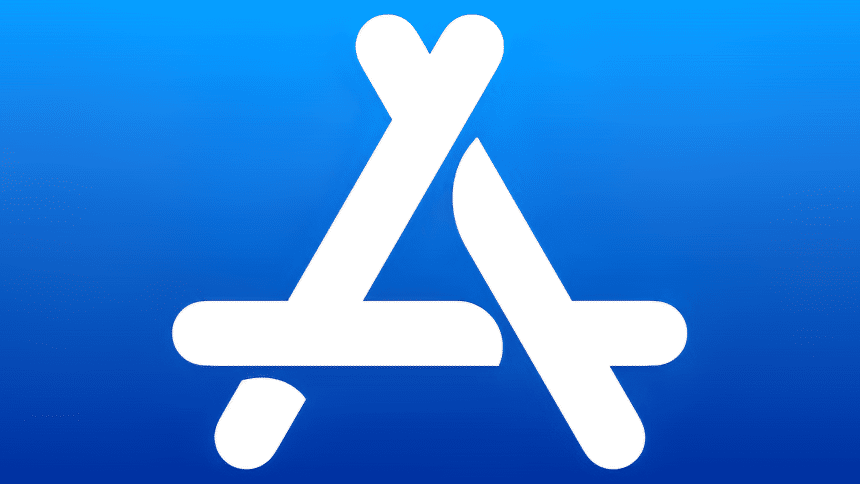The Dutch Authority for Consumers and Markets (ACM) has decided to hold off on further action against Apple regarding its dating app payment rules. This pause comes as the European Commission continues talks with the tech giant to reform App Store policies across the continent.
In recent years, Apple faced legal challenges in the Netherlands for limiting how dating app developers could manage payments. The Dutch court previously ruled that Apple abused its market power, supporting earlier ACM findings. This resulted in $58 million in fines in 2022 after Apple failed to comply with orders to allow alternative payment options.

EU’s Digital Markets Act May Reshape App Store
The delay reflects a shift in strategy. Instead of pursuing isolated national rulings, Dutch regulators are waiting for Europe-wide standards. These discussions are guided by the Digital Markets Act (DMA), which came into force in 2023. Under the DMA, Apple qualifies as a “gatekeeper” and must allow more flexibility in app distribution and payment systems.
Notably, Apple has started to adjust. The company now offers lower commissions—around 20%, or even 13% for smaller developers. However, developers who redirect users to external payment methods still face extra fees between 5% and 15%, a reduction from Apple’s traditional 30% cut.
Developers in Limbo
While Apple has introduced alternative payment paths in the Dutch App Store, developers argue the changes bring little benefit. They must still submit separate app versions and pay commission fees, making the switch less appealing.
If the EU accepts Apple’s latest fee structure, developers across Europe may see consistent rules and potentially better terms. However, if Brussels demands stronger changes, Apple could face heavier compliance costs and lose future appeals in national cases.
For now, app developers remain in a holding pattern. The European Commission is expected to issue a final ruling soon, which could set a precedent for how Apple operates not just in the Netherlands, but across the entire EU.
The outcome may finally give developers the clarity and cost savings they’ve been waiting for—or keep them locked into Apple’s ecosystem a little longer.












